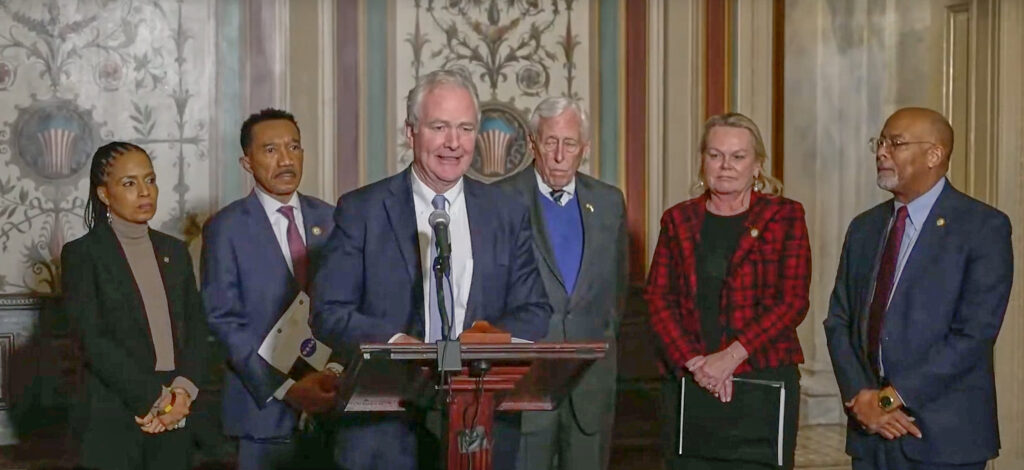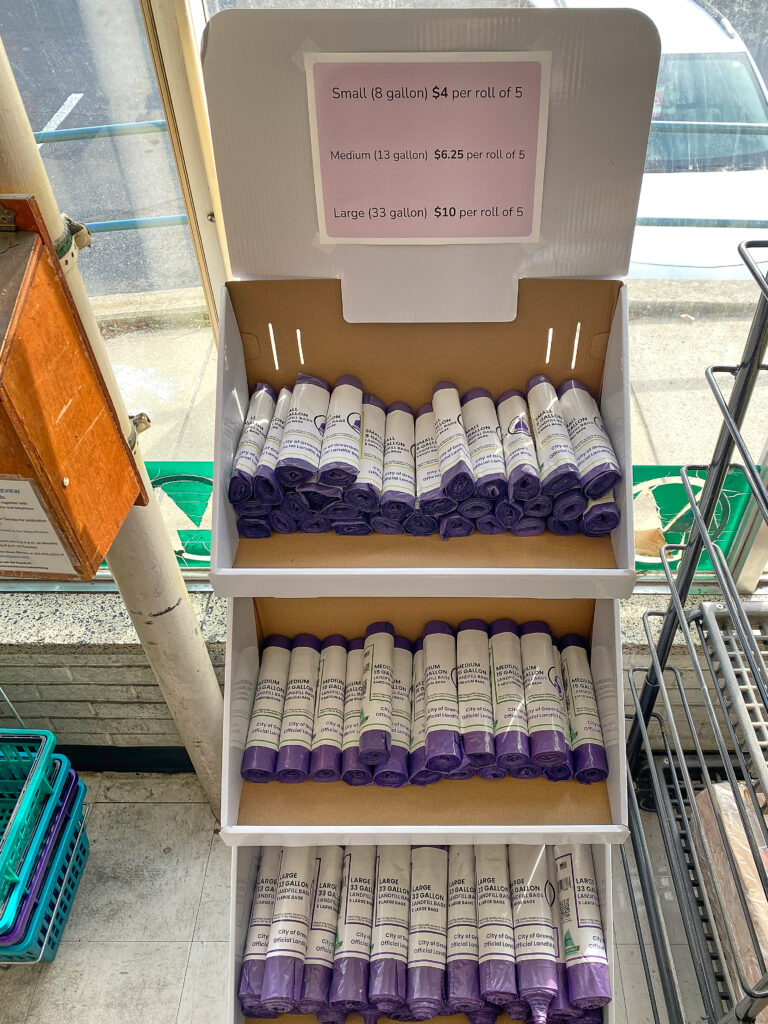The Greenbelt City Council unanimously voted on February 22 to become a Bee City USA, joining many other cities and campuses across the country united in improving their landscapes for pollinators. Council’s action is the culmination of months of effort by the Department of Public Works, the Greenbelt Advisory Committee on Environmental Sustainability (GreenACES) and concerned citizens to accomplish this certification.
Bee City USA is an initiative of the Xerces Society for Invertebrate Conservation, a nonprofit organization based in Portland, Ore., with offices across the country. Bee City USA’s mission is to galvanize communities to sustain pollinators by providing them with healthy habitat, rich in a variety of native plants and free of insecticides. Pollinators like bumble bees, sweat bees, mason bees, honey bees, butterflies, moths, beetles, flies, hummingbirds and many others are responsible for the reproduction of almost 90 percent of the world’s flowering plant species and one in every three bites of food we consume.
Council’s vote was made after a proposal by Environmental Coordinator Kevin Carpenter-Driscoll was submitted to council.
Mayor Colin Byrd said, “Our city council let it be known that we understand the importance of sustaining pollinators and that we want to make the city more pollinator friendly. We are grateful to Kevin Carpenter-Driscoll and the Department of Public Works for working so hard to help protect Greenbelt’s environment and to educate the public on the importance of pollinators for plants, food and the ecosystem as a whole.”
“We are thrilled that the city council shares our vision to promote a healthy and beautiful Greenbelt by supporting pollinator habitat and joining the Bee City USA movement,” said Xochitl Zamora-Thompson and Erica Hernandez, who played a leading role in the campaign as the co-chairs for the Pollinator Circle.
“The program aspires to make people more PC – pollinator conscious, that is,” said Scott Hoffman Black, Xerces’ executive director. “If lots of individuals and communities begin planting native, pesticide-free flowering trees, shrubs and perennials, it will create large-scale change for many, many species of pollinators.”
“How each city completes the steps to conserve pollinators is up to them,” said Bee City USA Coordinator Molly Martin. “To maintain their certification, each affiliate is expected to report on their achievements and celebrate being a Bee City USA affiliate every year.”
Each affiliate should hold public awareness activities; publicly acknowledge the commitment to the program through a standing committee, signage and web links; and prepare an annual report on habitat enhancement activities.
Bee City USA especially encourages school gardens and educational programs for children.
Greenbelt has designated the Pollinator Circle the facilitating committee for the city’s efforts to engage the community in promoting pollinator conservation. The Pollinator Circle, a sub-committee of GreenACES, meets on the fourth Tuesday of every month and invites all residents of Greenbelt to offer their ideas for pollinator-friendly initiatives. The more people and organizations involved, the sooner pollinator declines will be reversed.
For more information about Greenbelt’s Bee City USA program, contact Carpenter-Driscoll at kdriscoll@greenbeltmd.gov.
For more information about Bee City USA, visit beecityusa.org.



